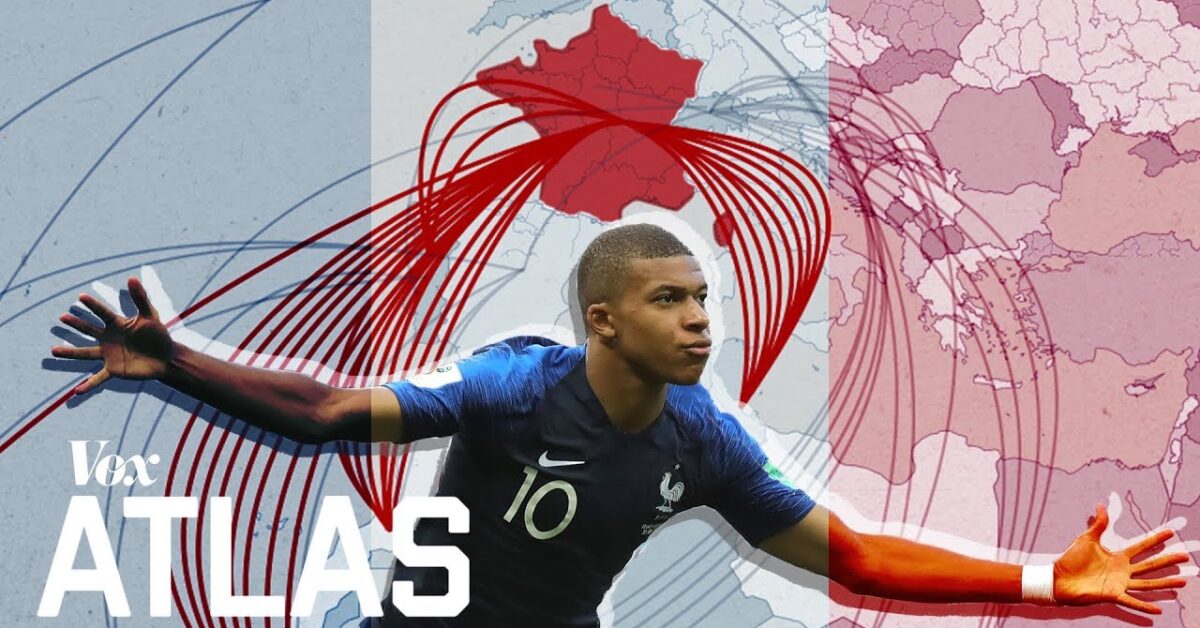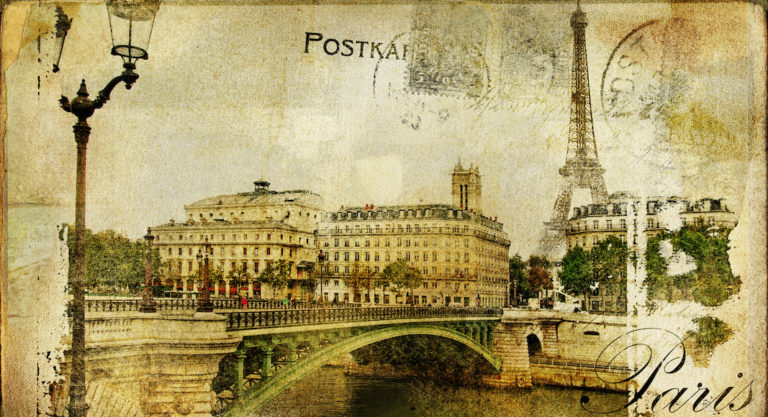As the World Cup matches go down, many countries have been able to rep hard for their own (excluding, of course, the U.S.). But you might be surprised to learn how France managed to get a lot of its own citizens playing for countries like Portugal or Morocco.
According to FIFA rules, a soccer player can play for any country he has some kind of verifiable relationship to, even countries his parents or grandparents are from. Because of France’s unique colonization and immigration history during the 20th century, France draws a lot of players from former French colonies and current French overseas departments such as Algeria, Côte d’Ivoire, and French Guiana. And a lot of French players of, say, Senegalese or Tunisian descent will, conversely, opt to play for the countries of their heritage if it increases their chances of success.
But travel isn’t the only thing French soccer has going for it. After several bad seasons during the 60s, France became one of the first countries to form a national soccer academy, with a structure in place to allow them to spot talent early and curate future teams. And you can see for yourself how this whole idea pays off in this week’s semi-finals against Belgium.






